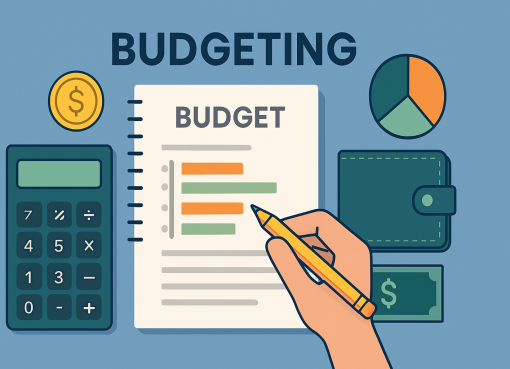Now that you know how to establish your goals and how to know exactly the amount of money you can assign to achieve them, it’s time to think about some goals that will help you get a better control of your personal finances.
Most people focus on the small things, on things that provide them with immediate satisfaction instead of thinking about the things that are the most important even if they are harder to get.
Stay away from the short-term solutions
Even if the credit cards seem like a good solution to your short term goals, you need to learn to stay away from them as much as you can. At least until you understand exactly how they work and how you can benefit from using them.
Credit cards are like a drug, once you start using them you will want more of it, because they provide immediate benefits, even if it means that we will struggle to pay them later.
Not a lot of people stop to think about how the decisions that they make today, when they are 20 or 30 years old, will affect them on their 50’s.
When we talk about personal finances, we make emphasis on the word “personal” because every person is different, and their goals will also differ from each other. But, every goal can be classified as short, medium or long-term goals.
Short-term goals
- Pay off that debt: Car loan, student loan, credit cards. This is probably the most important since this will help you tremendously to achieve your other ones. When you have debts, it means that you are spending more money than you have, and obviously this is not a good thing to do. The secret behind building stronger personal finances is to have a positive difference at the end of the month. Having debts is the exact opposite of this; meaning that you are actually destroying your patrimony. This is why you should try to pay off all debt as soon as possible.
- Have an emergency fund: After you have paid off your debts, you can start thinking about having an emergency fund. An emergency fund is basically a fixed amount of money that you can invest in an instrument with daily availability. The emergency fund should equal to at least 2 months of your living expenses.
- Elaborate a savings plan: You can take a few hours to craft a good and strong savings plan. Establish what you are going to save money on and how you are going to invest it to get the best results.
Medium-term goals
- Pay off mortgage: Pretty self-explanatory.
- Get a new car: Now, this only applies if you ABSOLUTELY need a car. You may be thinking that you can get a car loan and pay it monthly, but if you do this you will fall into the debt circle that you want to avoid. So it is better if you save money first so you can give a good down payment or just buy it straight up.
- Elaborate an investment plan: Different from a savings plan. This involves creating a portfolio and learning about the different types of instruments that you can invest on to achieve your goals.
Long-term goals
- Save money for college education: Education is expensive. So, if you have children, you might want to start saving up for when they to go to college or else you might find yourself in a pretty tight spot when the time comes.
- Retirement: We are talking about 20-30 years from now maybe, but you need to start planning for this as soon as possible if you want to have a good life after retiring.
These are just some examples of what goals you can set for yourself based on the amount of time it will probably take you to accomplish them. Just remember to establish goals with the characteristics we explained on the last article. Each person can have different goals, so find the ones that best suit you and stick with that.


